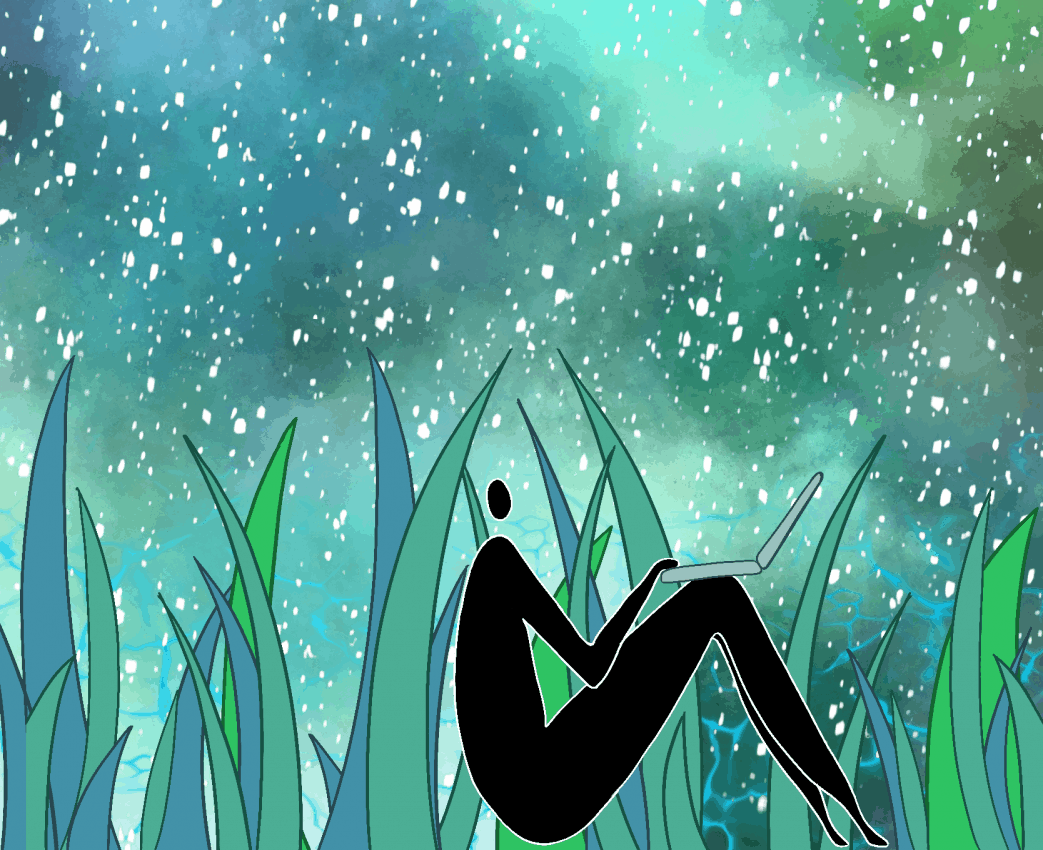
February is notorious for its missing days and weird leap year tendencies. But this month is one of the holiest of months, containing the most coveted week of the year — Reading Week.
Now, while it’s not the only week-long break — at least not for the past five years — it’s unequivocally the best one.
The University of Saskatchewan’s academic calendar refers to the third week of February as “Winter mid-term break,” but the week that follows Family Day is known in our hearts as Reading Week.
It’s a contradictory week where we do very little reading and likely engage in more suitable activities like sleeping, drinking and travelling. All the while we will keep telling ourselves that we’re going to finish the essay that is due after the break or study for that looming midterm — knowing full well we will not.
Perhaps the university knows us better than we know ourselves and opted for a more realistic name. For simplicity, let’s just call it February break.
This wintery break is a perfectly timed respite in the hellscape that is term two. It comes at the right time between the rising action of the beginning of the term and the climax of our stress between midterms and finals. It’s early enough that we are able to get a grip on ourselves and the course load that is slipping through our fingers. It allows us to muster up the courage to continue on into the final stretch of the year.
February break falls a month after Blue Monday, the third Monday of January. Blue Monday was coined back in 2005 as the most depressing day of the year by a pseudo-psychologist hired by ad men of a travel agency. Blue Monday isn’t anything more than a clever marketing ploy to push tropical vacations, but seasonal depression or seasonal affective disorder does appear to be real. And SAD makes the drudgery of mid-winter even more unbearable.
A mid-winter break, smack in the middle of our darkest hour, is one way to ease the strain on our mental and physical health.
On the other hand, while full of great intentions, November break falls flat. A relatively new addition to the academic calendar, Fall mid-term break was an initiative advocated by Max FineDay during his 2014 term as the U of S Students’ Union president. FineDay sought to find solutions to address growing mental health concerns of U of S students and another ‘reading week’ seemed like it would be a good attempt at alleviating some of the stress.
However, the November break hasn’t been as successful as it’s winter predecessor. For instance, professional colleges haven’t been able to make time in their packed schedules to allow for this break. Instead of a week off, students in medicine, nursing, dentistry and vet med get a “fall long weekend” around Thanksgiving.
Arguably, the students in these colleges are some of the individuals who need a break the most. There have been concerns raised in recent years about the mental health of med students with advocates calling for solutions. It was reported that, as recently as December 2019, a med student from the University of Ottawa died by suicide, an incident that demands more attention be paid to student’s mental health.
While professional students are being cheated out of a much needed break in November, the rest of us aren’t benefiting much either. The break comes much too late in the term to be an effective relief. The mid-term break falls more accurately at the end of term, just weeks away from finals. It is a point in the semester where we are already burnt out.
While any week off of classes is a great week, November break can leave us feeling less motivated instead of rejuvenated. It is a week where you feel like giving up and not returning to campus — the very opposite of what it is supposed to do. If fall mid-term break actually landed in October, the true middle point of term, then February break may have some competition.
But for now, that glorious mid-winter week off is still the GOAT.
This op-ed was written by a University of Saskatchewan undergraduate student and reflects the views and opinions of the writer. If you would like to write a rebuttal, please email opinions@thesheaf.com.
—
Erin Matthews/ Opinions Editor
Graphic: Shawna Langer/ Graphics Editor
Leave a Reply